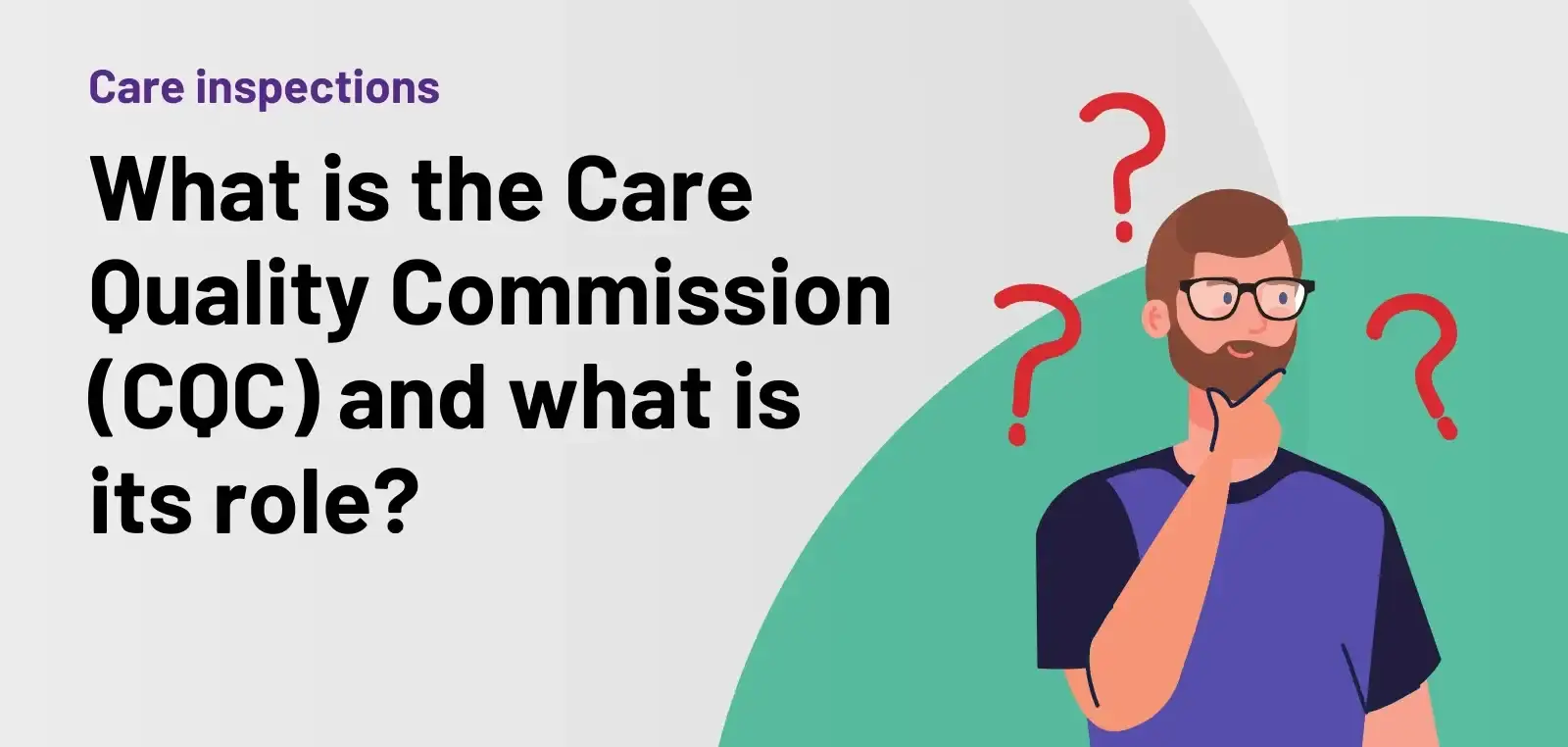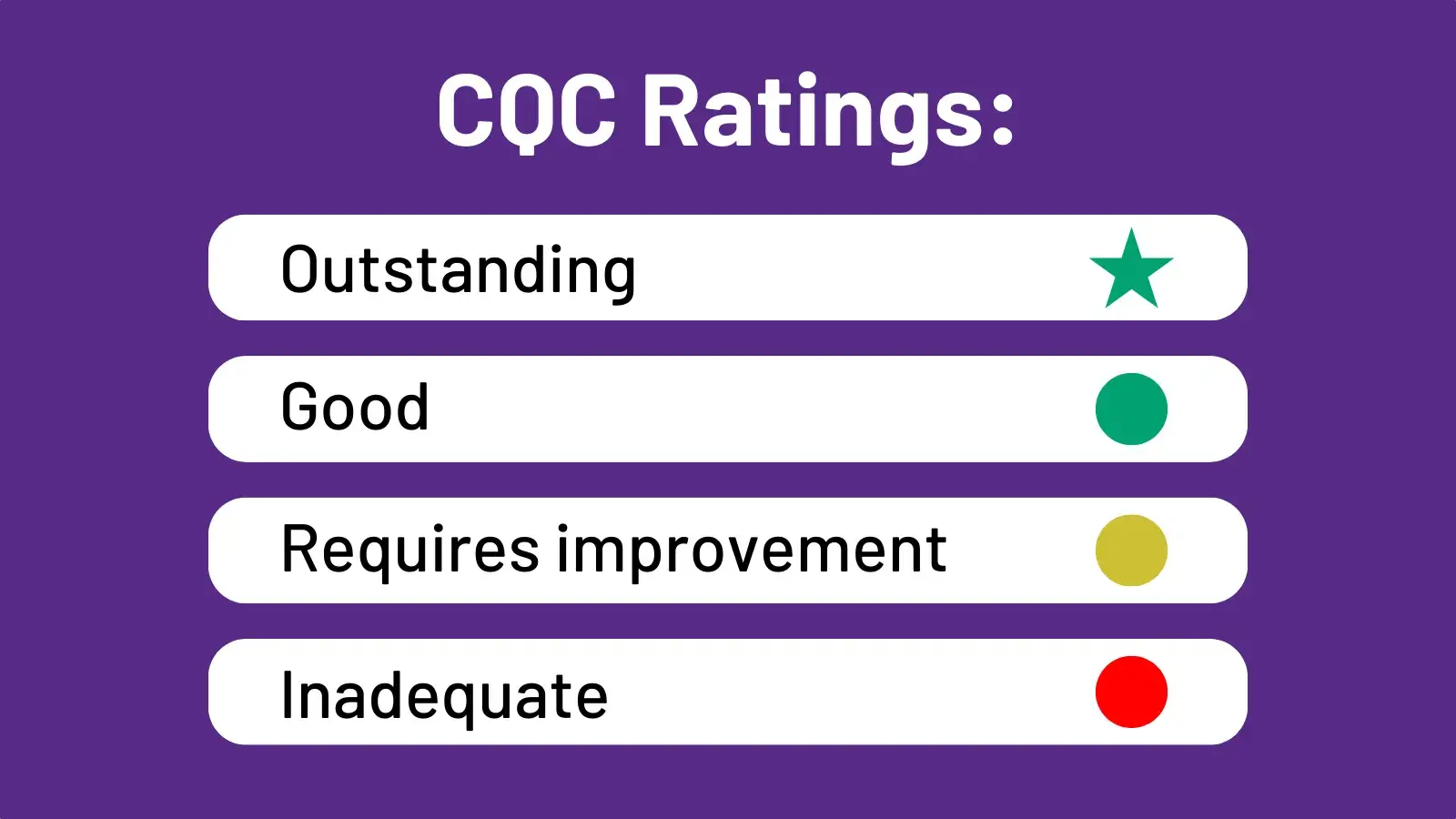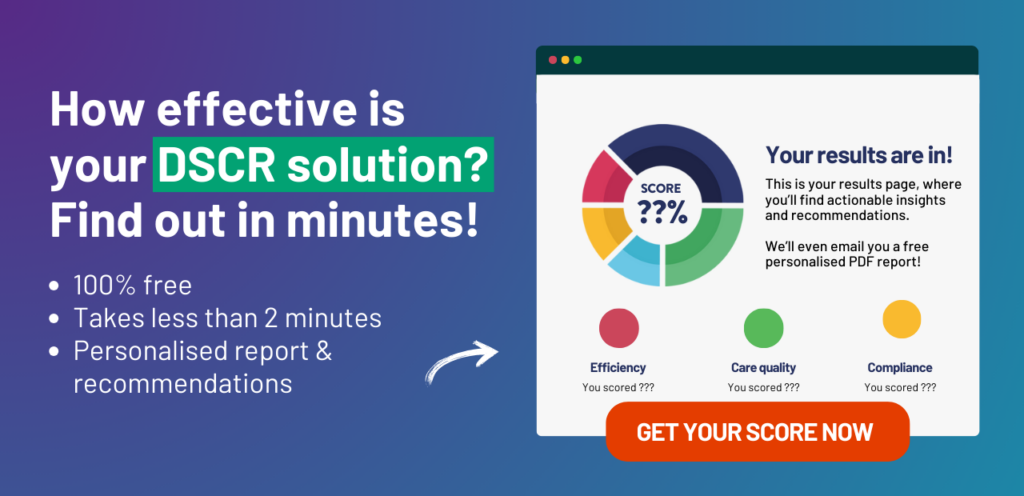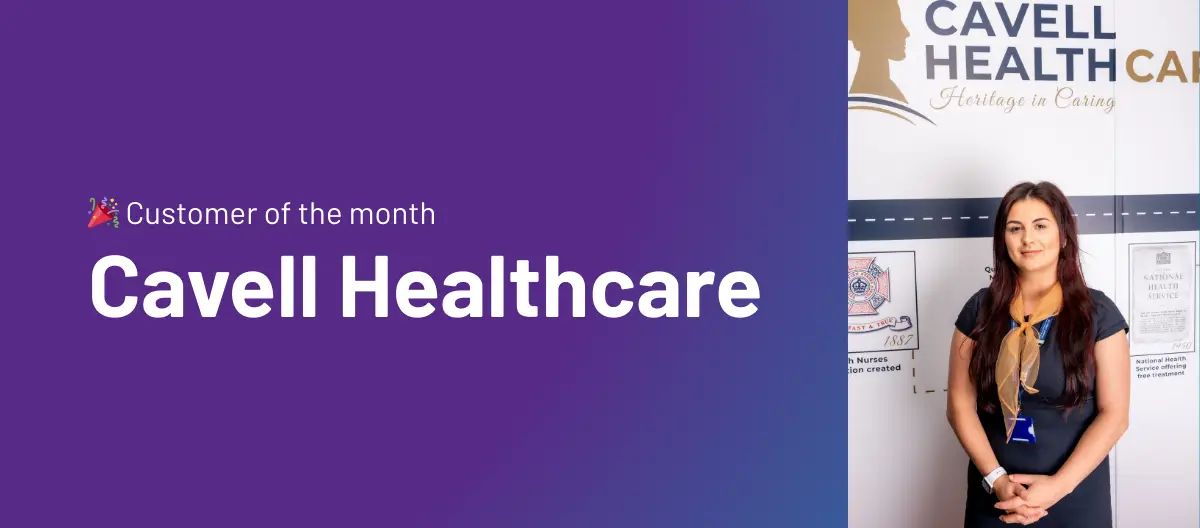The Care Quality Commission (CQC) plays a pivotal role in the health and social care sector in England. Understanding its functions, standards, and registration requirements is crucial for social care providers.
This article aims to shed light on the role of the CQC, as well as the importance of CQC registration for your care service.

Table of Contents
What is the CQC?
The Care Quality Commission is the independent regulator of health and social care services in England. Established in 2009, it ensures that care services, including hospitals, care homes, dental and general practices, provide safe, effective, compassionate, and high-quality care.
The CQC encourages care services to improve and takes action to protect people who use these services.
What is the role of the CQC?
Purpose
The overarching purpose of the Care Quality Commission is to ensure that health and social care services in England are providing safe, effective, compassionate, and high-quality care.
The commission aims to be a catalyst for improvement, encouraging care services to continually enhance their standards.
Role
Understanding the role of the CQC involves breaking it down into several key functions:
Registering care providers: One of the primary roles of the CQC is to register care providers. This includes a wide range of services such as care homes, hospitals, dental practices, and homecare agencies. Registration ensures that these providers meet the fundamental standards of quality and safety.
Monitoring, inspection, and rating: The CQC conducts regular inspections of registered service providers. These inspections are comprehensive and cover various aspects like safety protocols, quality of care, and staff competence. Based on these inspections, the CQC rates the services, which are then made publicly available. This helps consumers make informed decisions about their care.
Read more: Download the CQC Care Inspection Checklist

Taking action: If a service provider fails to meet the required standards, the CQC has the authority to take various actions. This could range from issuing warning notices to, in extreme cases, closing down the service. The primary aim is to protect the people who use these services.
Public voice: The Care Quality Commission also serves as an independent voice in the health and social care sector, publishing its views on major quality issues. This influences policy and public opinion and so this role is crucial for bringing about systemic changes.
Rights of vulnerable people: The CQC is entrusted with protecting the rights of vulnerable individuals, including those restricted under the Mental Health Act. This involves ensuring that their treatment is ethical and that their voices are heard.
Collaboration: The CQC works closely with other organisations and public groups to achieve its objectives. This includes healthcare professionals, local authorities, and even the general public. Collaboration ensures a multi-faceted approach to improving care standards.
By fulfilling these roles, the CQC aims to instil a culture of excellence, caring, integrity, and teamwork among healthcare providers.
Section summary
The CQC is the regulatory body for health and social care services in England, ensuring they meet essential standards of safety and quality. Its role extends beyond regulation to drive continuous improvement, advocate for vulnerable individuals, and influence policy in the sector.
What are the CQC’s fundamental standards?
Understanding the CQC’s fundamental standards is crucial for any social care provider. These standards, along with the 5 Key Lines of Enquiry (KLOEs), serve as the backbone for the CQC’s assessment framework, ensuring that care services are up to the mark.
The standards include (but are not limited to):
Person-centred care: This standard emphasises that care or treatment must be tailored to meet the individual needs and preferences of each person. It’s not a one-size-fits-all approach but a personalised care plan for every individual.
Read more: Person-centred care: what is it and why is it important?
Dignity and respect: This standard ensures that individuals are treated with dignity and respect at all times, whether they are receiving care or simply interacting with care staff.
Consent: Before any care or treatment is administered, informed consent must be obtained from the individual or someone legally acting on their behalf.
Safety: This standard mandates that care or treatment must not be unsafe or put individuals at risk of harm that could be avoided. This includes both physical and emotional safety.
Safeguarding from abuse: Individuals must not suffer any form of abuse or improper treatment, including neglect and degrading treatment, while receiving care.
The standards also cover food and drink, premises and equipment, complaints, governance, staffing, staff competence, duty of candour, and the display of ratings.
What questions do the CQC ask?
To assess care providers and to ensure that they are meeting the fundamental standards, the CQC employs the KLOEs – a set of questions used by inspectors to determine whether the service is safe, effective, caring, responsive and well-led.
Read more: What are the CQC’s 5 Key Lines of Enquiry and how are they assessed?
Who needs to register with the CQC?
Understanding who needs to register with the CQC is crucial for compliance and the provision of high-quality care services. The CQC’s registration process is designed to ensure that all care providers meet the fundamental standards of quality and safety. Here’s a more detailed look at the types of providers that need to register:
Health and social care services
Care homes: Both residential and nursing homes fall under this category. These are facilities where people live and receive care, ranging from assistance with daily activities to medical care.
Homecare agencies: These agencies provide services directly in a person’s home, ranging from domiciliary care to domestic assistance.
Hospitals: This includes NHS and independent hospitals. Whether it’s a general hospital or a specialised facility, registration with the Care Quality Commission is mandatory.
Dental services: All NHS and private dental practices must register with the CQC. This ensures that dental care, from routine check-ups to surgical procedures, meets the required standards.
Clinics: This encompasses a wide range of services, including family planning clinics, slimming clinics, and other specialised medical services.
GP services: This includes traditional GP practices as well as walk-in centres and out-of-hours services. All must be registered to ensure they meet the standards for patient care and safety.
Mental health services: Both hospital and community-based mental health services must be registered. This ensures that vulnerable individuals receive the care and protection they need.
Community services: These are services that are often provided outside of traditional healthcare facilities, such as health visiting, community nursing, and physiotherapy.
Other considerations
New providers: Any new service provider in the health and social care sector must complete the CQC registration process before commencing operations.
Changes in service: Existing providers who plan to change the services they offer, or expand their operations, may also need to update their CQC registration.
Legal requirement: It’s important to note that operating without a CQC registration where one is required is illegal and can result in severe penalties, including closure of the service.
Section summary
The CQC requires a diverse range of health and social care providers in England to register, ensuring they meet fundamental standards of quality and safety. This includes care homes, hospitals, dental services, clinics, homecare agencies, GP services, and mental health services. Registration is not only mandatory for new providers but also for existing ones who plan to change or expand their services. Operating without a CQC registration where required is illegal and can result in severe penalties.
Key takeaways
- The CQC is the independent regulator for health and social care services in England, established to ensure safe, effective, and high-quality care
- The Care Quality Commission’s purpose extends beyond regulation to act as a catalyst for improvement in the sector
- Registration with the CQC is mandatory for a wide range of care providers, including care homes, hospitals, dental practices, and homecare agencies, among others
- The CQC employs a comprehensive framework for monitoring and inspection
- Failure to meet the fundamental standards can result in various actions
- The CQC also plays a role in public advocacy, collaborating with other organisations and influencing policy to bring about systemic improvements in health and social care






